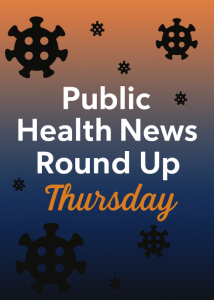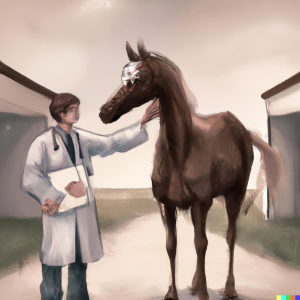
Collective Action, Pets, and Public Health: Reflections from Day Two at APHA 2025
The energy on day two of the American Public Health Association (APHA) conference felt different—in the best way. After an opening day that revealed both fatigue and uncertainty, today carried a charge of connection, curiosity, and cautious optimism. Here’s what stood out to us.
1. Collective Action Is Back on the Table
If there’s one phrase that defined the day, it was power in numbers. Attendees across sessions and booths spoke about collaboration—not just as a buzzword, but as a survival strategy. Many have come to realize that the path forward for public health lies in working together: across agencies, disciplines, and movements. That shared purpose felt like a quiet but powerful antidote to the policy fatigue weighing on the field.
2. The Mood Is Lifting—Despite the Policy Blues
There’s no denying the frustration with federal priorities at the moment. Budget cuts, program consolidations, and shifting political winds have left many feeling sidelined. But even amid that, people seemed energized. The spark came from being together, sharing stories, and realizing that community itself is a form of resilience. As one attendee put it, “We can’t wait for policy to fix this—we are the policy when we act together.”
3. The ONE Health Movement Is Gaining Ground
A fascinating theme emerged today around the growing One Health movement, which explores the intersection of human, animal, and environmental health. It’s not just about zoonotic disease anymore—it’s about understanding how our relationships with animals shape health behavior. For example, pets can be powerful emotional supports for people struggling with substance use or mental health challenges. But they can also be barriers for those hesitant to enter inpatient treatment because they fear losing their animals.
At our sister site, This Week in Pet Health, we’ve been tracking this very conversation. The evidence is growing: understanding pet-human bonds isn’t a side topic—it’s a legitimate part of public health strategy.
4. Funding Fears and the Reagan Hangover
Another recurring theme: money. As federal dollars continue to dwindle, organizations are scrambling to keep vital programs afloat. Private foundations are stepping in—but their resources, while welcome, represent only a fraction of the federal pipeline that once sustained local systems. The result is an uneven landscape where innovation competes with survival. It’s a reminder that sustainable financing must be part of any real systems-change conversation. (which is a way to say come on over to Booth 615 and check out Findgrant.ai.)
5. Implementation Scientists Are in the Wild
We even spotted a few familiar faces from the world of implementation science. It’s encouraging to see researchers and evaluators continuing to bridge the gap between evidence and practice. The quiet persistence of this work—turning theory into action—is one of the most hopeful signs that the public health field is maturing, even in tough times.
If you’re at APHA, come visit us and We in the World at Booth 615—let’s jam about ideas for smarter systems, sustainable funding, and ways to translate evidence into action.
Not here in person? Don’t miss our APHA-only discount for This Week in Public Health—your weekly source for plain-language, equity-aware research summaries that help you stay informed and inspired.
Public health is a team sport—and this week proved we’re still in it together.



